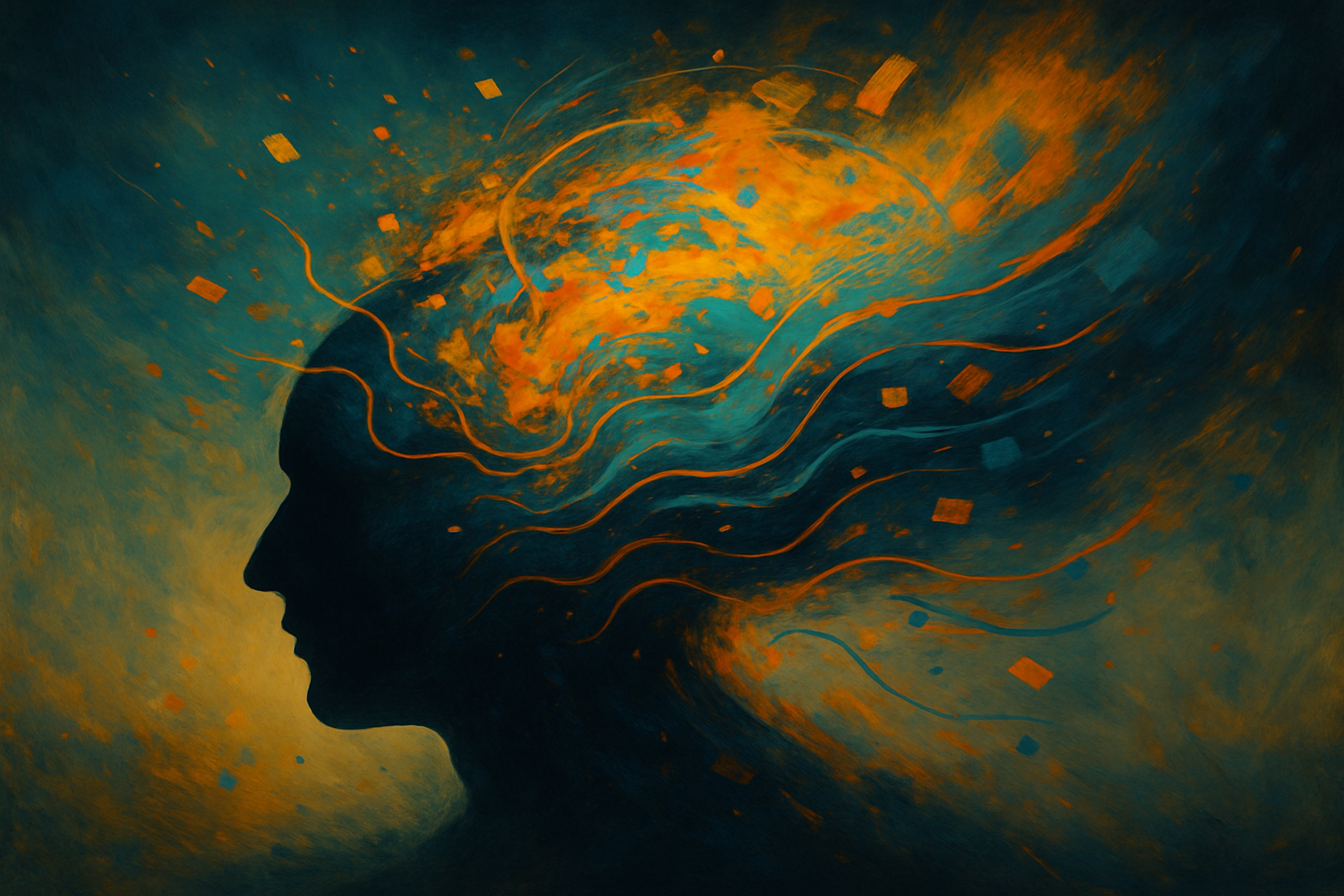Mental Obesity: When Consuming Knowledge Becomes a Cognitive Burden
Newsletter about software engineering, team management, team building, books and lots of notes I take after reading/studying (mine or yours)… :D
We live in the age of information, where access to knowledge is virtually limitless. Books, courses, podcasts, articles, videos — everything is just a click away. For ambitious professionals, this abundance seems like a blessing. But increasingly, many people find themselves consuming content relentlessly without applying what they learn in real life. This phenomenon is known as mental obesity.

What Is Mental Obesity?
Mental obesity refers to the excessive accumulation of information without proper digestion, reflection, or practical implementation. Just as physical obesity results from consuming more calories than the body can burn, mental obesity stems from absorbing more knowledge than the mind can process or transform into action.
This concept is closely linked to cognitive overload, a state where the brain’s processing capacity is exceeded, leading to mental fatigue, difficulty focusing, impaired learning, and reduced productivity. According to John Sweller's Cognitive Load Theory, the human brain has a limited working memory, and overwhelming it with disconnected content compromises both decision-making and long-term retention.
The Trap of Knowledge Without Execution
In high-performance environments — particularly startups and tech-driven companies — it's common to see people chasing non-stop learning. But without active application, this accumulation of knowledge often leads to frustration, the illusion of progress, and a paralyzing sense of stagnation.
As shown in a study published in "Ciência & Saúde Coletiva", mere knowledge acquisition is not sufficient to produce behavioral change. Transformation requires embodiment — turning theory into lived experience. 🔗 Access the article
Psychological Effects of Mental Obesity: The Mind Under Constant Pressure
Mental obesity is not just a metaphor — it’s a phenomenon with real psychological consequences. Continuous exposure to high volumes of information without pauses or reflection creates a state of chronic hyperstimulation. The prefrontal cortex, responsible for executive functions like planning, decision-making, and inhibitory control, becomes overloaded. This often leads to declining mental clarity, diminished analytical capacity, and difficulty in setting priorities.
One of the most common effects is the emergence of persistent diffuse anxiety — often described as the feeling of "always being behind" or "not keeping up with the world." This is exacerbated by constant comparisons, especially in digital environments, and by an internalized fear of falling behind. As the brain saturates with inputs and lacks integration time, it either shuts down (procrastination) or goes into hyperdrive (workaholism), both dysfunctional coping mechanisms.
Another critical impact is the erosion of cognitive self-esteem. When we consume high-quality knowledge — technical books, advanced courses, dense academic papers — but fail to turn it into action, we start to question our own competence: "Maybe I’m not as capable as I thought?" This disconnect between intention and behavior can trigger cycles of self-doubt, reinforcing a mismatch between identity and performance. Over time, this contributes to demotivation, powerlessness, and in more severe cases, cognitive burnout — a mental exhaustion not from work volume, but from unprocessed knowledge.
There's also the issue of psychic fragmentation. The human mind thrives on narrative integration — the ability to weave information into meaningful context. When flooded with disconnected content, the mind struggles to create coherence. The result? Scattered thinking, impaired sustained attention, and ironically, lower creativity, since true creativity requires synthesis and symbolic depth — both undermined by informational excess.
Ultimately, the solution isn’t simply to consume less, but to relearn how to consume: to prioritize depth over breadth, action over accumulation, and integration over superficiality. Knowledge must return to being a tool for transformation, not a product for collection.
Cognitive Symptoms Checklist
If you suspect you're experiencing mental obesity, here are a few indicators:
- You consume more content than you apply.
- You feel guilty for not reading more — even after finishing a book.
- You constantly start new courses but rarely finish or implement them.
- You feel stuck or anxious despite learning “a lot.”
- You struggle to focus or retrieve what you’ve read just days before.
Strategies to Reverse Mental Obesity
- Act Before You Accumulate More Don’t read a second article before acting on the first. Execution must precede further intake.
- Set Transformation Goals Don’t just set goals to "learn X"; define what you’ll do differently once you learn it.
- Reintroduce Cognitive Fasting Take regular breaks from content. Let your mind breathe and synthesize ideas.
- Reread and Reflect Repetition deepens integration. Instead of consuming something new, re-engage with material and connect it to real-life challenges.
- Practice Contextual Learning Read only what’s directly applicable to your current problem — and test it immediately.
🚀 Final Thoughts: Learning as a Tool, Not an Escape
True learning is transformative, not performative. In a culture that often celebrates reading volume or certifications, we must remember that accumulation without transformation is intellectual stagnation. Knowledge should not be a refuge from action, but a catalyst for it.
Mental obesity is the result of a system — personal and social — that values appearing informed more than being changed. To fight it, we must reframe our relationship with knowledge and reclaim the discipline of depth.
🧠 Scientific References
- Sweller, J. (1988). Cognitive load during problem solving: Effects on learning. Cognitive Science, 12(2), 257–285. doi
- Paas, F. et al. (2003). Cognitive load measurement as a means to advance cognitive load theory. Educational Psychologist, 38(1), 63–71.